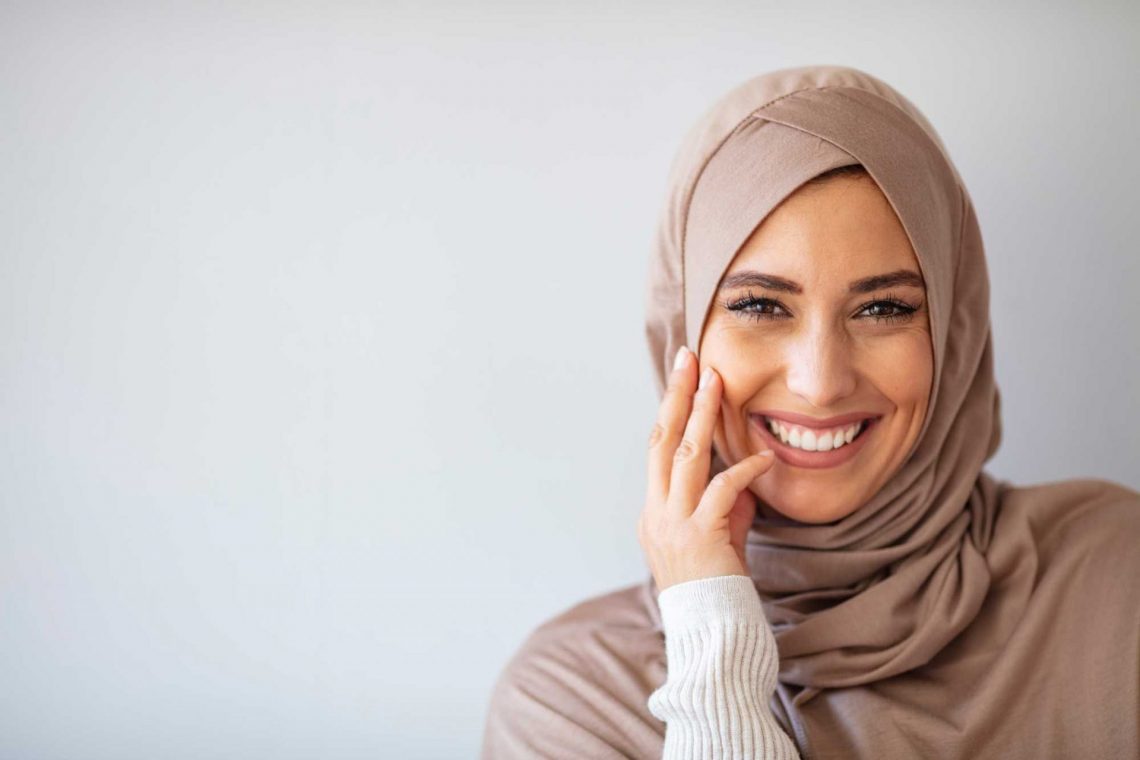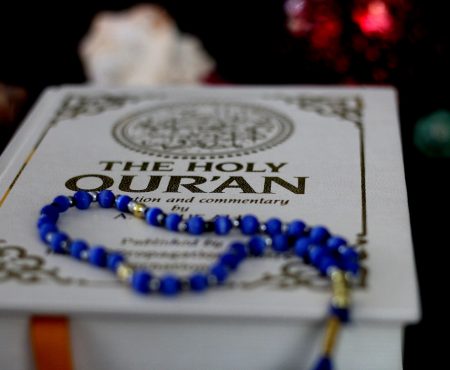The Rights for Married Women in Islam
One of the most interesting facts about Islam is that women’s rights are deemed more important than non-Muslim misconceptions would have us believe. In this article, 5 interesting facts about women’s rights in Islam are listed, and discussed in greater detail.
Women and married women are afforded great protection in Islam, and the Islamic lifestyle encourages people to get married. If one looks at the place and role of the married woman within the Islamic family, one can also understand what the role of a woman in Islam is much better.
This article considers the five aspects one by one, which as a whole give a good appreciation of women’s responsibilities in Islam. One should also remember though the question of how did Islam impact on women’s roles in society with the advent of Islam. Before Islam, women had enjoyed no rights and were subservient to men, considered inferior in society, and were treated like other physical property in inheritance law, that is they were part of the property that was passed down in inheritance. Those old pre-Islamic customs and the disregard for women are of course not part of the teachings of Islam, and the customs of the Arabs in pre-Islamic times are mentioned here,
When one of them is brought the news of a female [newborn],
His face becomes darkened
And he chokes with suppressed agony.
He hides from the people
Out of distress at the news that he has been brought:
Shall he retain it in humiliation,
Or bury it in the ground!
Behold! Evil is the judgement that they make.
(Quran, Chapter Al-Nahl; 16: 58-59)
The status of marriage in Islam
Marriage is afforded a high status in Islam, and it is one of the pillars of Islamic society. The Quran calls the marriage contract a ‘solemn covenant”;
How could you take it back,
When you have known each other,
And they have taken from you a solemn covenant?
(Quran, Chapter Al-Nisā; 4:21)
Both man and woman in marriage have rights and duties, and it is apparent that if one or both of the couple fail to meet their duties, the marriage will be less successful. The responsibility imposed on men by Allah is as follows;
Men are the managers of women,
Because of the advantage Allah has granted
Some of them over others,
And by virtue of their spending out of their wealth.
(Quran, Chapter Al-Nisā; 4:34)
In the narrations from the Holy Prophet’s life, it is reported that he said that “a man is a guardian of his family and responsible (for them); a wife is a guardian of her husband’s house and she is responsible (for it).” Whereas the husband is obligated to provide for all of the family expenses, the wife’s duty is to protect both her dignity, the honour of her husband, and also safeguard his property. In other words, one could describe the husband as having the guardianship over the family (this is indeed the language used in the Quran and the narrations to explain his role), and the wife as having responsibility for the day-to-day management, which could include expenses for food and other items required for looking after the house and the children.
The husband must provide for his wife a decent house
The responsibility conferred on the husband in this context is that he must be able to provide for his wife a standard of living that is similar to the one she enjoyed while still in her parents’ house. If she had been accustomed to a luxurious lifestyle, it is incumbent on the husband to provide something similar for her. Likewise, if the wife had been used to a much simpler life, the house or accommodation that is provided for her should be comparable in quality and comfort. There is no need for the husband to provide for his wife something that is well beyond his material means. The fact that the husband must supply his wife’s basic needs, which is food, clothing, shelter, health care and any other necessary services for her daily needs, is made obligatory on the husband in the Quran,
Mothers shall suckle their children
For two full years,
That for such as desire to complete the suckling-
And on the father shall be their maintenance and clothing,
In accordance with honourable norms.
No soul is to be tasked except according to its capacity:
Neither the mother shall be made to suffer harm
On her child’s account,
Nor the father on account of his child.
(Quran, Chapter Al-Baqarah; 2:233)
The husband must provide for his wife the basic financial needs
As a summary of the basic financial needs has already been provided, one interesting point that should be mentioned is that the husband is bound by his duty and responsibility in Islam to provide all of this, even if his wife is wealthier than him. The proviso remains however that the husband can only be charged with providing for the wife from his means,
No soul is to be tasked except according to its capacity.
(Quran, Chapter Al-Baqarah; 2: 233)
It is not obligatory upon the wife to work
Islam recognizes that with women being charged with the responsibility for looking after the home, along with them being created as the one who carries pregnancy, as well as a great share of an affectionate temperament as a result of this, that if they were also obliged to work outside the home, she would then not be able to meet her responsibilities very easily.
This is a basic principle worth remembering, that the rights and duties in marriage in Islam exist as complementary between husband and wife, and also for each person individually. In other words, with Islam having granted the wife the right to stay at home and work only in the home if she so chooses, she is also conferred the responsibility to look after the home. If she works outside the home, she still must deal with that responsibility.
The other important aspect of it not being obligatory on her to work is that she can wait until she finds work that is acceptable and suitable for her.
Housework is not obligatory for the wife
The commonly held view by scholars is that women cannot be coerced, or obligated to undertake all the household chores for the family, including cooking, cleaning, looking after children. However, as a woman is also given the role to create a warm and loving and secure home environment for her family, if she does choose voluntarily to undertake all or some of these duties, it will of course be of great benefit to all her family, and it would surely please God.
The wife has control over her dowry, and also over any money she may earn
The wife in Islam may keep all this money to herself, although if she chooses to donate part or all of her dowry to the family, or indeed contribute earnings from any possible employment to the upkeep of the family, then that is a very praiseworthy behaviour. It is worth remembering that a man under Islamic law is obliged to pay for all the expenses, which also explains the greater share a man has in inheritance as a son, for example. A woman as a daughter inherits less, as she is not tasked with the financial upkeep of her family.
Concluding remarks
The points brought in this article have hopefully explained the respect which is given to women in Islam, especially in her role in marriage. With marriage being one of the most important aspects of an Islamic life, as marriage in itself is said to increase the piety of a person, it is also regulated within a framework of rights and responsibilities. Family roles in Islam are distinctly defined, and both parties to married couples have their own distinct role, although they also have some roles they share equally.



All comments (0)